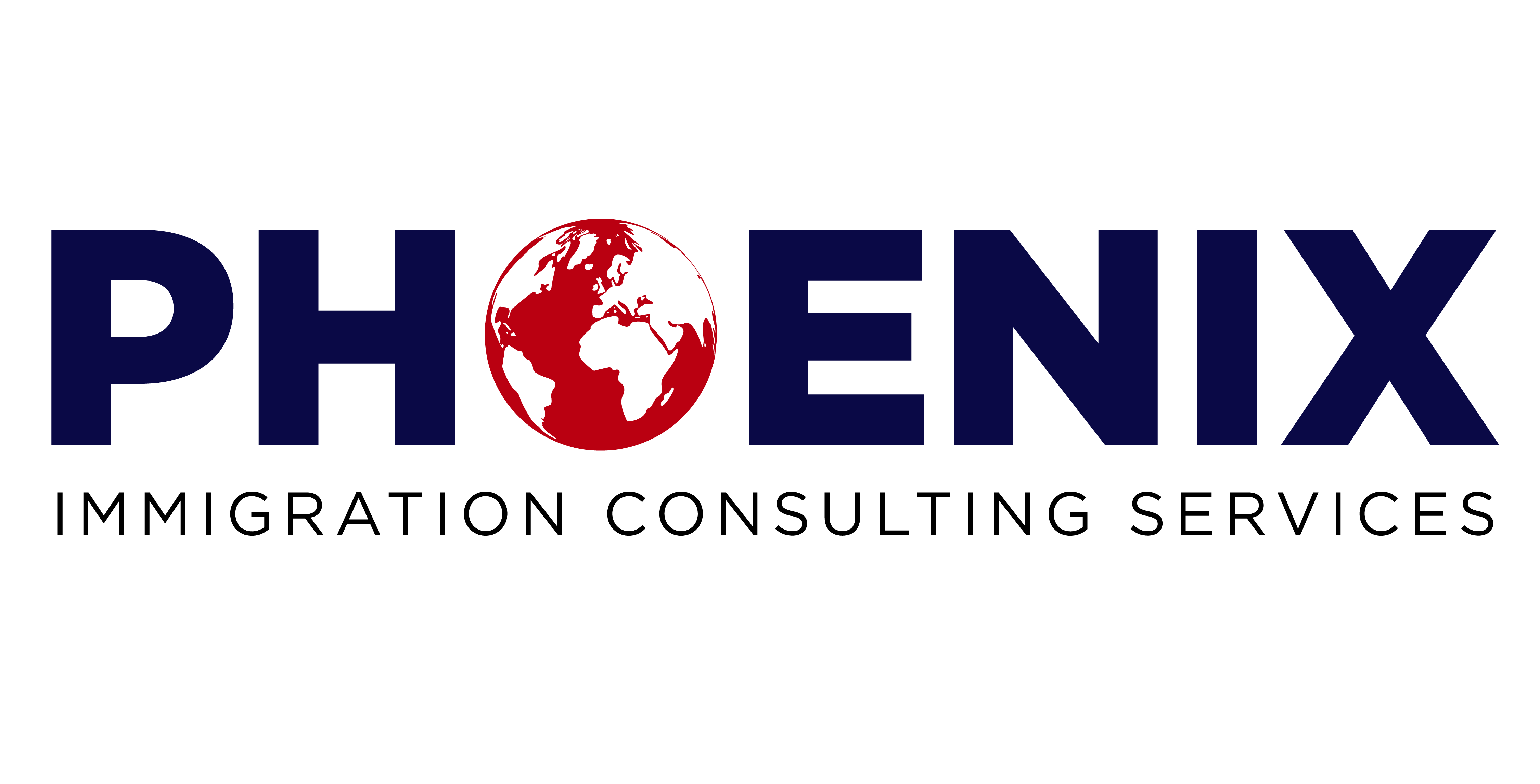Canada Visitor Visa (Temporary Resident Visa)
Travel to Canada with Confidence
The Canada Visitor Visa, or Temporary Resident Visa (TRV), allows foreign nationals to enter Canada for a limited time. Whether you are coming to Canada for leisure, to visit family, or attend short business or personal functions, the TRV is the appropriate travel document. It is one of the most sought visas for those wishing to come to Canada.
At Phoenix Immigration Consulting Services, we provide tailored guidance for each TRV application – from eligibility assessment to application preparation and submission – ensuring your travel plans are smooth and secure.
What Is the Canada Visitor Visa?
The TRV allows non-immigrants to stay in Canada temporarily for up to 6 months. A border officer determines the final stay duration upon entry.
Two types are available:
- Single-entry visa: Permits one-time entry.
- Multiple-entry visa: Permits unlimited entries during validity (up to 10 years or passport expiry).
We also explain whether you require a TRV or an eTA, depending on your nationality and purpose of travel.
Who Should Apply for a TRV?
Foreign nationals from non-visa-exempt countries must apply for a TRV to visit Canada. Suitable purposes include:
- Tourism and leisure
- Family reunions or celebrations
- Short-term study or training options
- Business meetings, trade shows, or training
Eligibility for a TRV
Applicants must prove they can financially support themselves, have ties to their home country, and intend to return after their visit. Requirements include:
- Valid passport
- Proof of funds (bank statements, savings)
- Evidence of strong home ties (job, school, family, assets)
- No past immigration violations
Documents Required
- Completed TRV forms (IMM 5257)
- Passport and compliant photos
- Proof of funds (bank statements, sponsorship letters)
- Invitation letter (if applicable)
- Employment/institution letters
- Police clearance & medical exam (if requested)
We provide customized document checklists to ensure your case is complete and convincing.
How Phoenix Immigration Can Help
We review your eligibility, prepare your application, draft a strong cover letter, and handle online submissions. We also assist with biometrics appointments, interview prep, and responses to IRCC requests, ensuring your application is strong and timely.
Processing Times and Validity
Processing typically takes 2–8 weeks after biometrics. Applying 2–3 months before travel is recommended.
Most TRVs are issued as multiple-entry visas, valid up to 10 years, but each visit is limited to 6 months unless extended by border officers.

